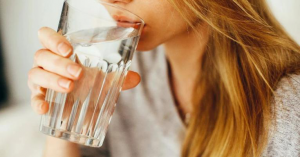
When you have a cold, a stomachache, or even any discomfort, someone around you will always persuade you to “drink more water.” This person must be very concerned about your health, because water is the source of life, and about 70% of the human body is composed of water.
However, according to the “China Water and Quality of Life Cognitive Survey Report”, 95.3% of people do not drink water, 65.9% of people drink water when they are thirsty, and less than 5% of people have the habit of drinking water regularly.
A recent Canadian study found that as people get older, people need to drink more water to compensate for changes in body temperature regulation.
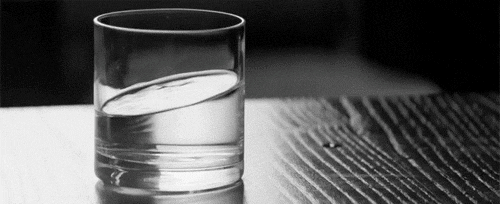
Why do I have to drink more water as I get older?
A recent study from the University of Ottawa in Canada showed that as people get older, people need to drink more water to compensate for changes in body temperature regulation.

Previous studies on the effects of dehydration on body temperature regulation mostly focused on young people
Hydration, which is drinking water, is the key to regulating body temperature and helps prevent a series of health problems, such as muscle pain, fatigue and heat exhaustion. Adjusting sweat loss is the body’s mechanism to prevent further dehydration.
Researchers said that when the elderly exercise, the body’s mechanism of reducing heat vitalization and raising body temperature is slower than that of young people.
At the same time, as we get older, the “thirst center” located in the hypothalamus is not as active as in the past, so the brain can’t signal people to drink water in time, so it is not easy to feel thirsty.
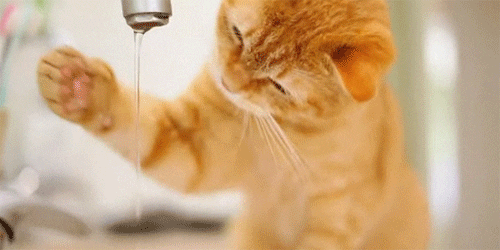
Researchers suggest that regardless of whether they are thirsty or not, older people should consume more fluids to compensate for body temperature regulation.
Recently, relevant reviews published by Spanish researchers also support the above theory.
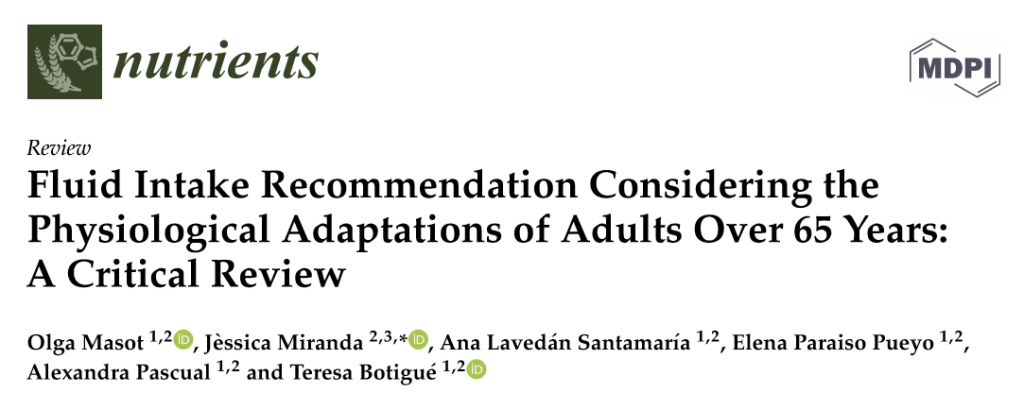
By analyzing a large number of articles and guidelines on drinking water recommendations, the researchers recommend that elderly people over 65 drink 1.5 to 2 liters of water per day.
The study pointed out that it is not possible to take all clinical and environmental factors into consideration at present, and the water intake recommendations of most international organizations do not take into account the physiological characteristics of the elderly and the impact of other diseases.
Many studies have shown that if patients drink less than the daily required amount (especially those who drink less than 1 liter/day), their condition will deteriorate.
The researchers also emphasized that drinking too much water can also cause potential diseases. If the elderly drink 2 liters of water a day, they will reach saturation. Try not to exceed this amount.
Don’t like drinking water, 5 kinds of diseases are at high risk
Drinking water habits affect a person’s health to some extent. People with good drinking habits have better metabolic and immune functions.
1.constipation
70% of the stool is water. If the body is short of water, the water in the stool will be absorbed by the large intestine, resulting in dry stool and poor excretion.
It is recommended that people with constipation drink 2.0 liters of water a day, divided into 8 to 10 drinks, and eat more vegetables such as celery that are rich in dietary fiber.
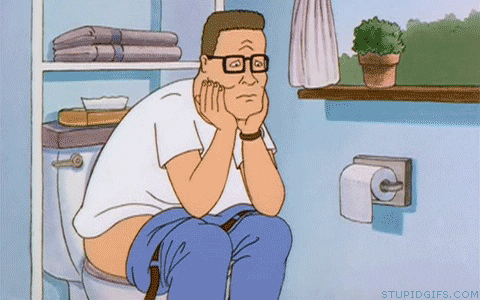
2 stone
Clinical observation and epidemiological investigation found that many patients with kidney stones and urinary tract stones drink less water than the average person.
Drinking less water will reduce the amount of urine, and the waste in the body cannot be discharged in time with the urine, and it is easy to form stones.
3.gout
This is due to increased uric acid or decreased excretion in the body, and urate is deposited in joints, kidneys and other places.
Drinking less water will cause uric acid to be excreted from the body and increase the risk of illness. Zhao Feihong suggested that gout patients should drink more mineral water rich in strontium and calcium.
4. thrombus
Zhao Feihong said that if patients with hypertension, hyperlipidemia, and hyperglycemia do not drink enough water, the blood viscosity will increase and blood circulation will slow down, which may easily cause myocardial infarction and cerebral thrombosis. It is recommended that patients with “three highs” drink more water with high magnesium content.
5.Cancer
People who drink a lot of water have a lower risk of bladder cancer, prostate cancer, testicular cancer, ureter cancer, and renal pelvis cancer.
7 categories of the elderly, hydration control measure
The above research is applicable to elderly people who do not have the following diseases. According to Fu Wanfa, the following seven types of elderly people must control their drinking water. Drinking too much can aggravate the condition and even endanger life.
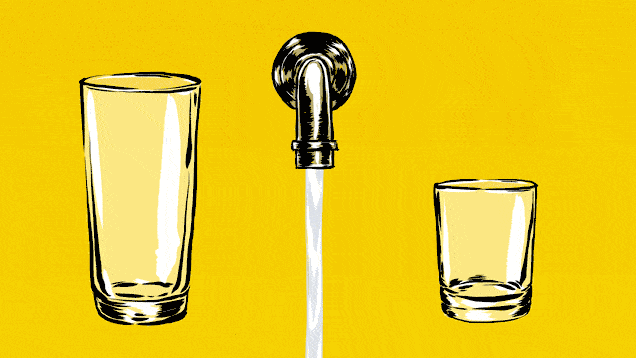
Elderly people with high blood pressure
The blood vessels are like water pipes. When there is more water, the pressure of the water pipe is higher. If you drink a lot of water or drink too much water at a time, the water in the blood will increase, which will force the blood pressure to rise like a water pipe.
Elderly people suffering from coronary heart disease, heart failure and other heart diseases
Drinking too much water, the heart has to increase the strength and speed of blood delivery, which may cause chest tightness and other uncomfortable symptoms.
Especially for patients with heart failure, the amount of water to drink should generally not exceed 1.5 liters; patients with heart failure accompanied by decreased renal function, acute heart failure, etc., should strictly follow the doctor’s guidance on the daily water consumption.
Elderly people suffering from acute and chronic nephritis, renal failure, uremia and other kidney diseases
In clinical practice, patients with uremia must strictly limit the amount of water they drink according to data such as height, weight, and urine output.
Elderly people with renal insufficiency, drinking too much water will increase the body’s sodium and water retention, leading to body edema, and a large amount of protein is lost through urine, which reduces blood osmotic pressure and makes edema more serious.
Elderly people suffering from liver diseases such as cirrhosis, liver cancer, liver failure, etc.
Impaired liver function and weakened metabolic capacity can cause endocrine dysfunction and often cause ascites (excessive accumulation of free fluid in the abdominal cavity). Drinking too much water can aggravate symptoms such as edema and bloating.
Elderly people with severe gastrointestinal diseases
If you drink too much water, your stomach acid will be diluted too much, and your intestines will be burdened, which may aggravate discomfort such as abdominal pain, vomiting, and bloating.
Elderly people with acute pancreatitis
Such elderly people are often accompanied by abdominal pain and severe intestinal dysfunction. Drinking too much water can aggravate the condition.
Elderly people with acute cholecystitis
Eating and drinking can cause the gallbladder to contract, and drinking too much water will increase the frequency of gallbladder contractions and aggravate pain symptoms.
The correct way to hydrate the elderly
In addition to the above-mentioned special circumstances, in view of the complexity of the physical condition of the elderly, experts also summarized 4 “ways of drinking”:
Plain water is best
Water is the best hydrating agent. The body not only benefits from it, but also does not need to deal with additional ingredients, such as soft drinks, sugar in beverages, additives and other ingredients that are not good for health.
Drink more water
Ma Guansheng, a professor in the Department of Nutrition and Food Hygiene of the School of Public Health, Peking University, suggested that drinking water should be evenly distributed at any time of the day, in small amounts, many times. Under normal circumstances, about 200ml each time, 6-8 glasses of water a day.
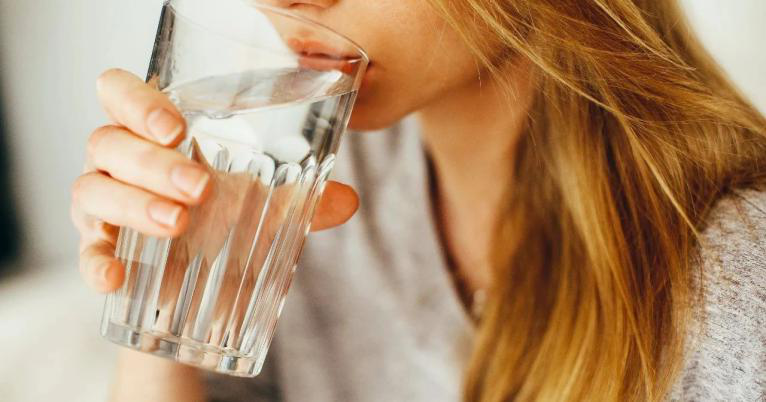
Replenish water in time after exercise, but the elderly do not need to supplement electrolytes under normal diet. Elderly people with heavy taste and high uric acid usually drink more water.
More summer and less winter
In summer, the temperature is high, sweating is more, and hydration should be increased; in winter, there is less activity and the body’s metabolism is slow, so hydration can be reduced. The range of increase or decrease should be 200~300ml
Sip after bathing
Many people feel thirsty after taking a shower, so they drank a glass of water. As everyone knows, taking a hot bath will increase blood flow, and drinking too quickly will be harmful to health, especially for the elderly. It is recommended to drink a glass of warm water slowly at this time.
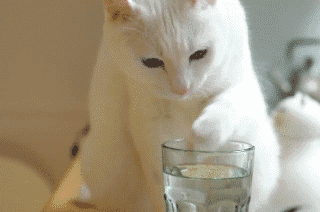
Comments